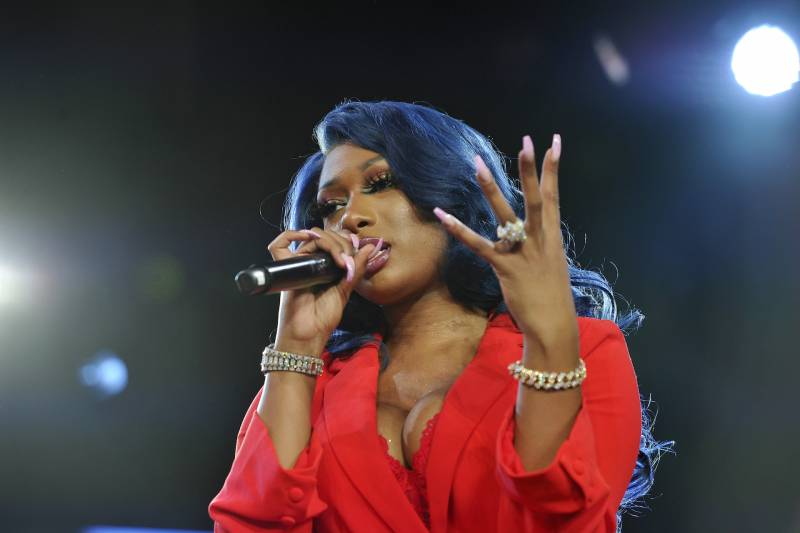Update, Oct. 8, 2020: According to Associated Press, Los Angeles prosecutors have charged Tory Lanez with two felonies in relation to his alleged shooting of Megan Thee Stallion: one count of assault with a semiautomatic firearm and one count of carrying a loaded, unregistered firearm in a vehicle.
Update, Aug. 21, 2020: More than a month after surviving a shooting in the Hollywood Hills, Megan Thee Stallion named Tory Lanez as the alleged assailant in an Instagram Live video. The Los Angeles District Attorney’s office is conducting an investigation to decide whether to press charges against Lanez for felony assault with a semiautomatic firearm.
On July 12, one of the brightest stars in rap could have been killed.
Following days of online speculation about what happened after a late-night party in the Hollywood Hills, Megan Thee Stallion took to Instagram to explain that she had “suffered gunshot wounds as a result of a crime that was committed” against her and that she was “grateful to be alive.” Though she didn’t name the assailant, hip-hop commentators and fans widely believe him to be Tory Lanez, the R&B singer Megan had been seen hanging out with on social media since at least May. Following the incident, Lanez was arrested on concealed weapon charges and awaits a court hearing in October.
Despite the seriousness of the situation, people continued to post jokes, memes and judgmental comments. While recovering from gunshot wounds in both feet, Megan took to Twitter to remind people that “Black women are so unprotected” and “we hold so many things to protect the feelings of others w/o considering our own.” She asked for sympathy, something that should have been granted to her from the beginning. Yet the public still seemed reluctant to show any. Black women’s hearts sank as they read Megan’s reflections, an all too familiar feeling of grief setting in. If a megastar like Megan was unsafe, what did that say about the average Black woman in the United States?


